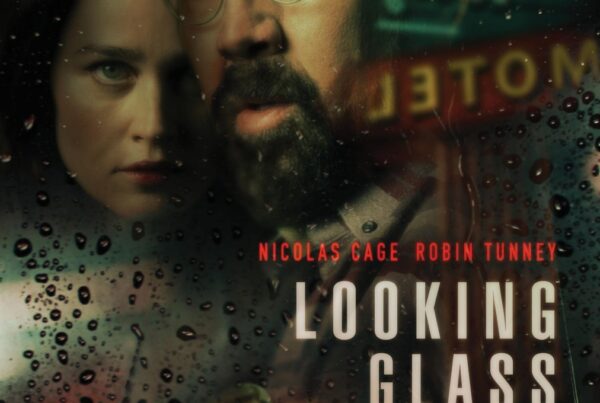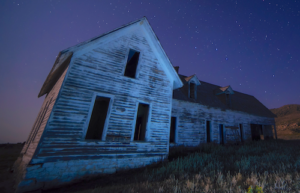Staunch Test FAIL.
Matt Damon, Ben Affleck and Adam Driver are central to this Ridley Scott period piece about the rape of a woman, Marguerite de Carrouges, based on a true 14th century story. Yet despite this being about her, and despite the last section showing her perspective, calling it ‘the truth’, Marguerite’s voice feels like a whisper in a film about shouting men.
Damon plays Sir Jean de Carrouges, a thuggish man of battle with the character of a petulant, sulky teenager who constantly cries ‘it’s not fair’ when things don’t go his way. Carrouges is almost always portrayed as humiliated or angry, but Damon’s awful mullet makes him risible and by continually delivering his lines in an American accent, gives the impression he can’t be bothered to do anything but the fight scenes with real commitment. Driver puts in a stronger performance as Jacques Le Gris, Carrouges’ frenemy, and is also the favoured fixer and co-debauchee of Count Pierre of Alençon (Affleck), and coveter of Carrouges’ beautiful, intelligent wife Marguerite (Jodie Comer).
This is a movie about what violent, selfish shits men can be and how laws favour them. Presumably it’s also an attempt to show how much better things are now, and how #MeToo-woke the participants are. True, legally, women used to be literally men’s property, to be strategically married off to bear male heirs and fake it in the bedroom, and when Le Gris shows up to rape Marguriite, in law, it’s an offence against Carrouges’ property and honour, more than against her. Le Gris (’in love’ with Marguerite until he’s had her) denies the rape altogether. The whole thing descends into a he-said-she-said debacle with notably different consequences than would apply today. These days, for instance, it’s unlikely there’d be any prosecution or conviction of Marguerite’s rapist at all. Back then, if her husband failed to win his case – or the duel, that would prove her a liar who must be put to death.
During the trial (by the church), a cleric points out that a woman can’t become pregnant by rape or if she hasn’t had an orgasm, so while we now have a better understanding of biology, we’re also watching from the perspective, six centuries later, that women are still not believed, that men still fail to understand how women work, still don’t care about consent, and still lie about being abusers and rapists.
One can’t help but ask whether this story, set in medieval France, is best told by privileged Men of the Hollywood bubble. What, if anything, does this film about a historical rape add to the mountain of rape films and TV dramas already out there? It seems undecided itself. The rape scenes, meant to show first Le Gris’ perspective, then Margeurite’s, gives Scott the opportunity to depict the rape twice, while showing remarkably little difference between them. Then, while Le Gris and de Courrages fight to the death (while God decides who tells the truth and therefore wins), this gives Scott plenty of time to stage a long and bloody hand-to-hand battle of swords and knives, fetishising and adulating brute masculinity in the most graphic way. Marguerite is left passively shackled to watch as others decide her fate. I’ll spare you the final spoiler, but trust me, there are no winners here, and no lessons learnt by history. Men still revere fighting and violence, still rape, and still make movies that exploit all those things.
Bridget Lawless





